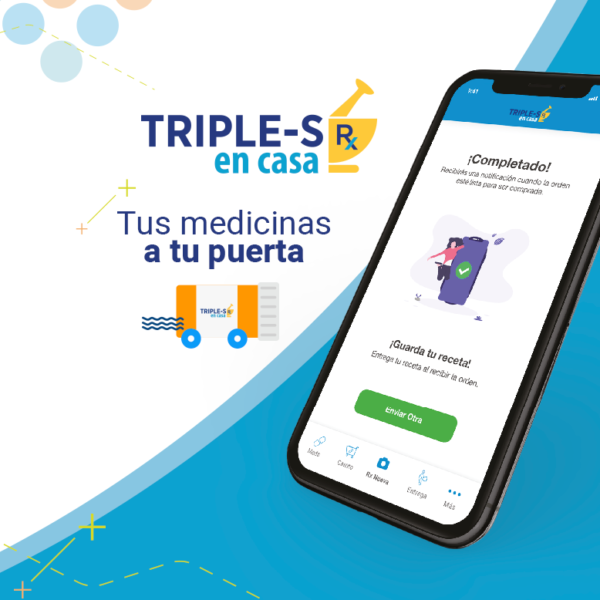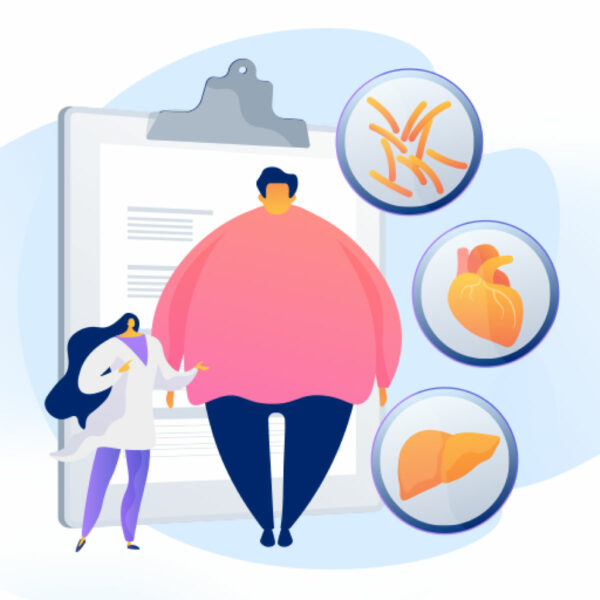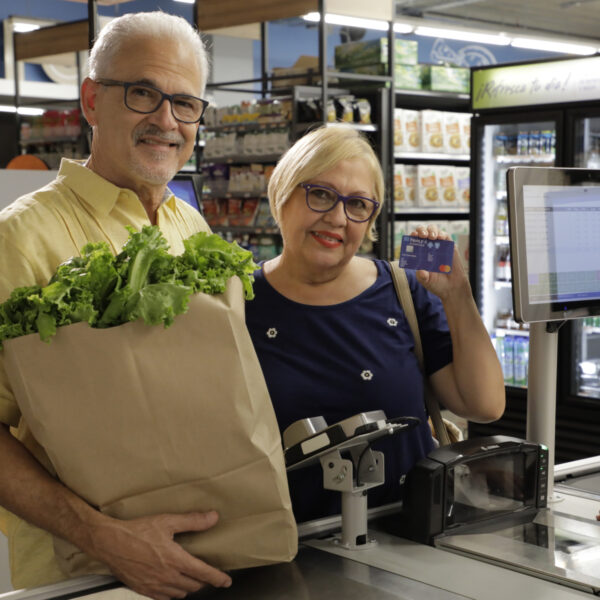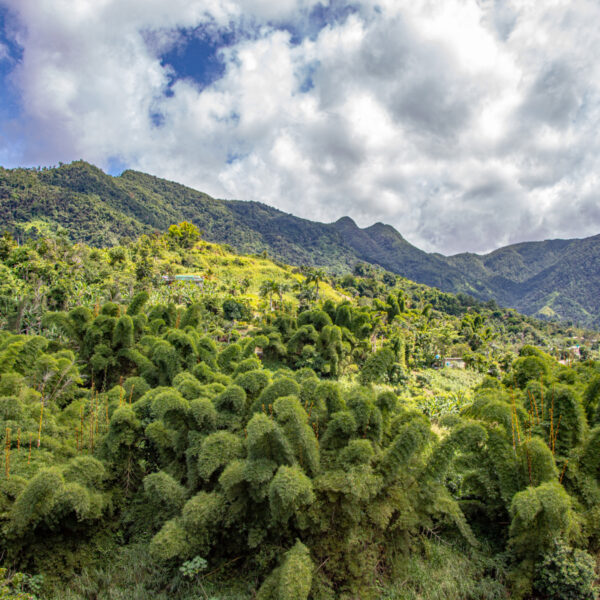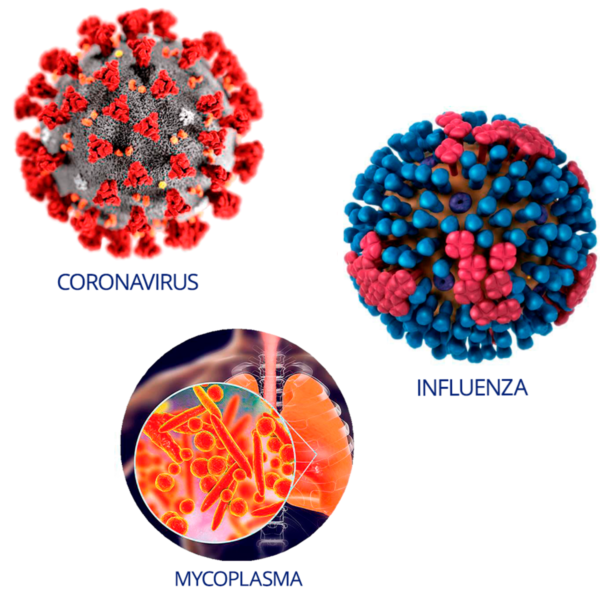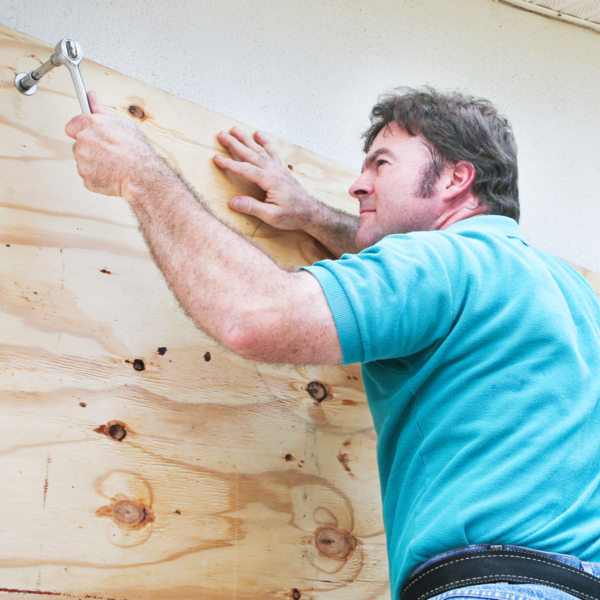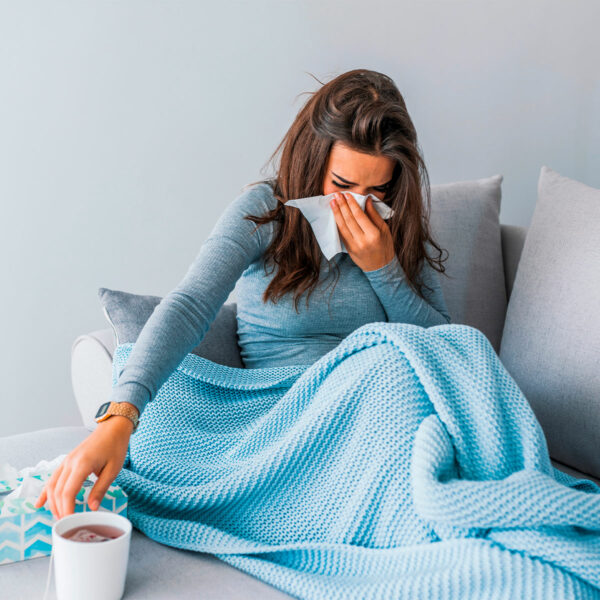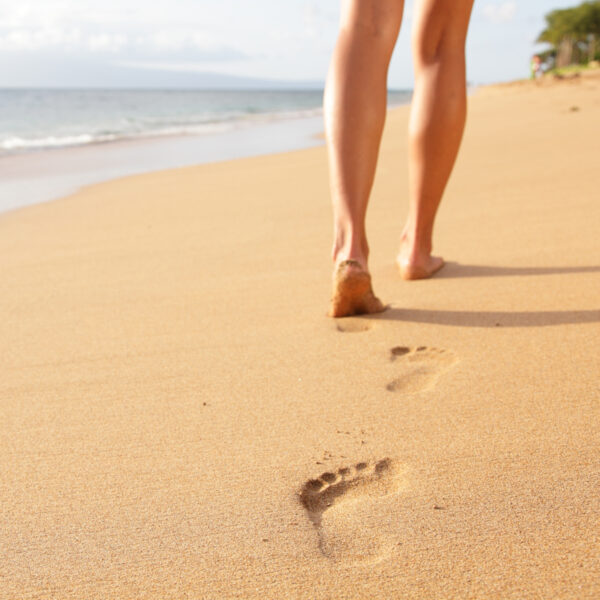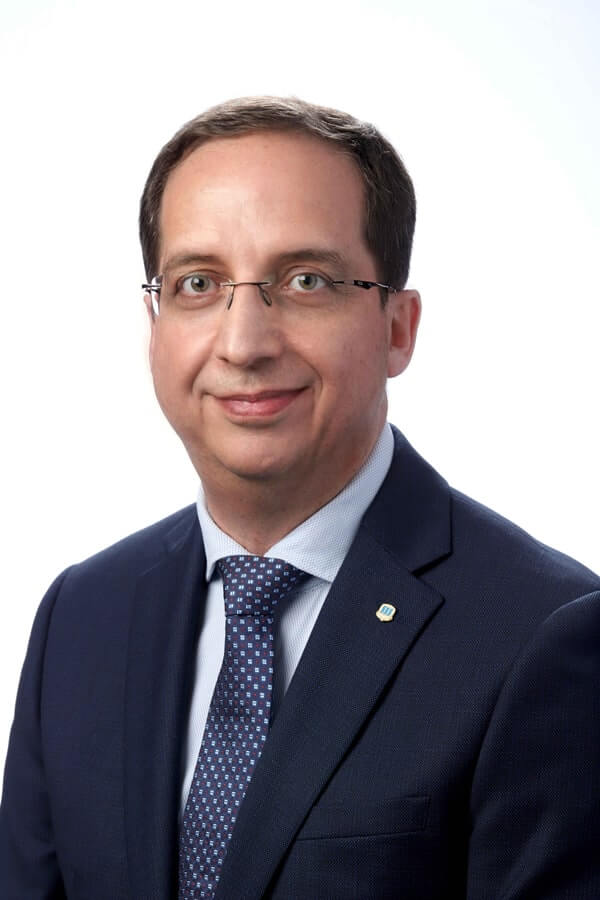
By Dr. José Novoa, Triple-S Chief Medical Officer
Is there social isolation in Puerto Rico? And loneliness? Does it prevail more in towns with older adults, or is it higher in adolescents?
We will be able to answer these and other questions when we have the results of the Behavioral Risk Factor Surveillance System, a study carried out by the Puerto Rico Department of Health to evaluate the population’s health risks. The study’s results will help develop public policy or specific initiatives to meet the identified needs.
This year, questions that measure the social ties of people aged 18 and older are included for the first time. Also, the Youth Consultation study for the adolescent population that measures risk behaviors in the school population, starting in middle school, will measure social ties.
We see the need to clarify the reality of Puerto Rico to address the social isolation and loneliness we see in our environment. These factors will be measured through a grant from the Triple-S Foundation.
We are concerned about the mass migration we have experienced. Between 2010 and 2020, the island lost 11.8% of its population. Many of those who emigrated in search of opportunities was the youngest. The parents and grandparents were left behind. We suspect that this migration has ended support networks in families.
We add the effect of Hurricane Maria, Fiona, earthquakes, and the pandemic. The isolation prescribed during the pandemic to prevent further contagion had an impact, but it is very likely also weakened social ties with extended family and friends. We are interested to know the effect it could have on teenagers learning to form their connections in the world.
Much has been written about the pandemic exacerbating the mental health crisis.
But social isolation and loneliness also affect physical health. People with strong social ties have a longer life expectancy than people with weak ties.
I am a cardiologist, and it strikes me that the risk of cardiovascular disease increases by 29% if one is socially isolated while the risk of so-called “strokes” increases by 32%, according to the report “Social Isolation and Loneliness in Older Adults: Opportunities for the Heath Care System” of the National Academies of Science, Engineering, Medicine. Let’s not talk about how the risk of dementia skyrockets by 50% when the person feels lonely.
For all those reasons, we must understand the situation in Puerto Rico. When in Puerto Rico, almost 1 in 4 people is 65 years or older; we must prevent that population from facing the risk of developing diseases and dementia because they are socially isolated or feel lonely.
The same goes for our young people; we must promote healthy development with broad social connections to ensure their physical and mental well-being. In 2024, when we have the data, we will be able to understand our reality and serve the populations that are most at risk.
Dr. Jose Novoa is the chief medical officer of Triple-S and a board member of the Triple-S Foundation.


